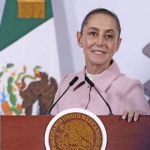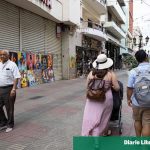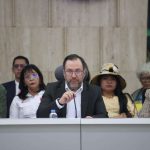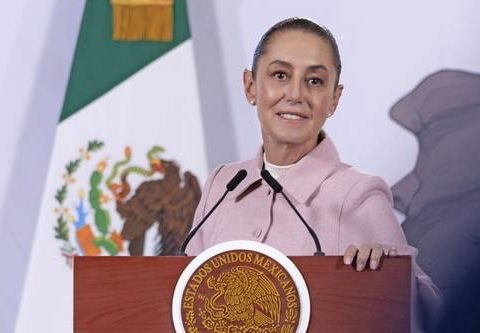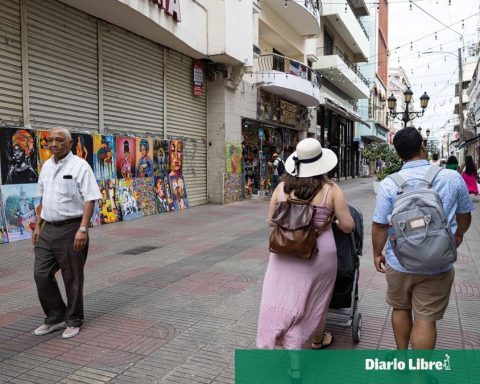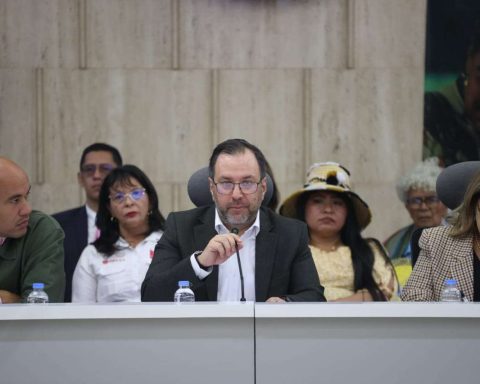Curiosity was the basis of the main scientific discoveries of the 20th century and the motor for the development of basic science, with discoveries that were later perfected and enriched, from x-rays to magnetic resonances, which allows us to glimpse the second quantum revolution. .
Serge Harocha French physicist who won the Nobel Prize in 2012 for his discovery of the measurement and manipulation of individual quantum systems, gave a keynote address at the Science Cultural Center within the framework of the International Week of Science and Technology, organized by the Ministry of Science and the Organization of Ibero-American States for Education, Science and Culture (OEI).
“The usefulness of “useless” science was the title chosen by Haroche for his conference in which he explained how the main scientific discoveries of the 20th century, such as X-rays, the theory of relativity, magnetic resonance imaging, the atomic clock or the laser beam, had their origin in the curiosity of the scientist that “started with the basics” and mixed various theories that were in force at the time.
“In the year 1900, on the occasion of an international science fair, scientists were asked to say what their predictions were for the year 2000 and none could predict how quantum research would evolve, which, 75 years later, was the basis of what GPS is today, magnetic resonance imaging in medicine or radio waves”, said Haroche.
“All the innovations of the 20th century owe a debt to basic science and a combination of various contributions changed our daily lives. Today we are at the dawn of the second quantum revolution, with the discovery of quantum computers which represent a great challenge today for today for science”, highlighted Haroche.
He also mentioned optical clocks “that work with very high precision and that can know the time it takes for the earth to move from its center of gravity, with which it could be predicted when an earthquake may occur.”
“If we don’t do basic research – what Haroche calls “blue sky” – technological innovation will not be possible”.
The physicist, who has been a professor since 2001 of Quantum Physics at the College de France and at the École Normale Supérieure, both in Paris, highlighted that in 2012 he won the Nobel Prize for his research, while this year, ten years later, he returns to reward quantum physics.
“All the innovations of the 20th century owe a debt to basic science and a combination of various contributions changed our daily lives. Today we are at the dawn of the second quantum revolution
Haroche stressed that “there is a long way from when the curiosity of the scientist leads him to investigate and then that translates into a change in daily life, political organizations must understand this process and cannot have a short-term view in this field.”

“There is a preconception that mathematics is difficult, but this stems from the problem of how it is taught,” Haroche pointed out, emphasizing the level of training a teacher should have and asserting that “it is impossible to talk about scientific research without improving level of education”.
For Haroche, children are curious by nature. “You have to encourage them to venture into the field of basic science since it is the gateway to science” and highlighted that the current research on exoplanets is a subject of basic science and is something that attracts young people, inspires them to venture into the scientific field”.
“Scientists have talent, curiosity and a bit of luck in their research. Often, what one does depends on the initial conditions in which they began to investigate, having charismatic teachers who guide them in their first steps and of course having passion to discover,” said the scientist.
And he added: “Creativity is not taught. Scientists come to create a little by chance and another because it is part of the scientific process and one thing leads to another, for which you have to know how to mix and know when something makes noise “.







